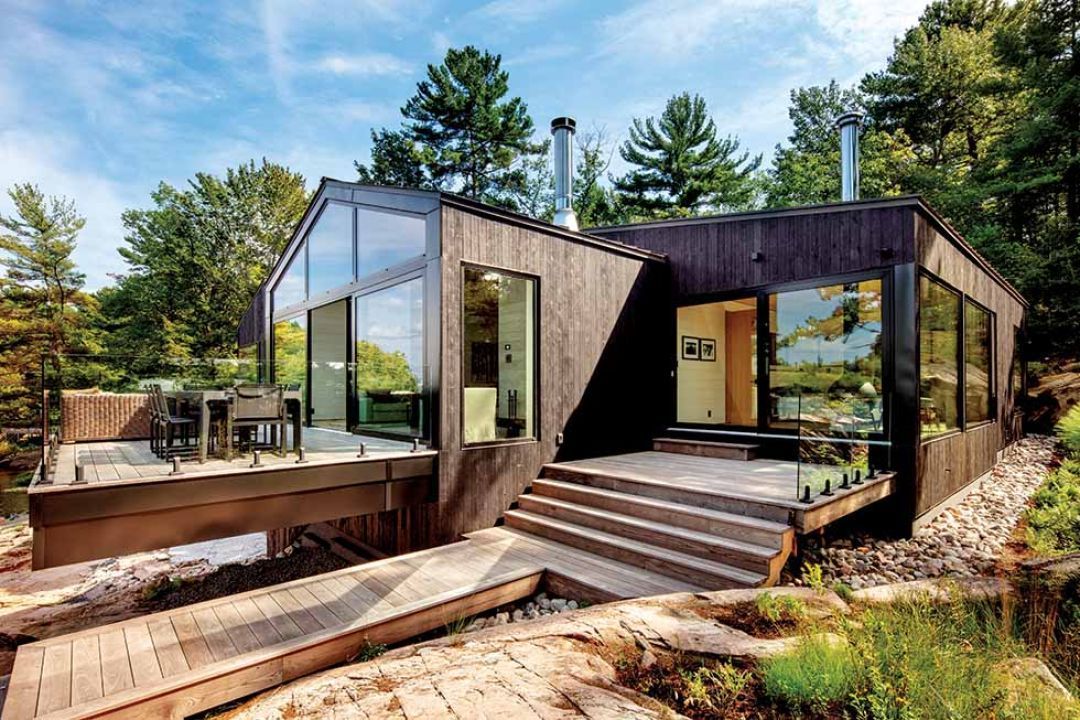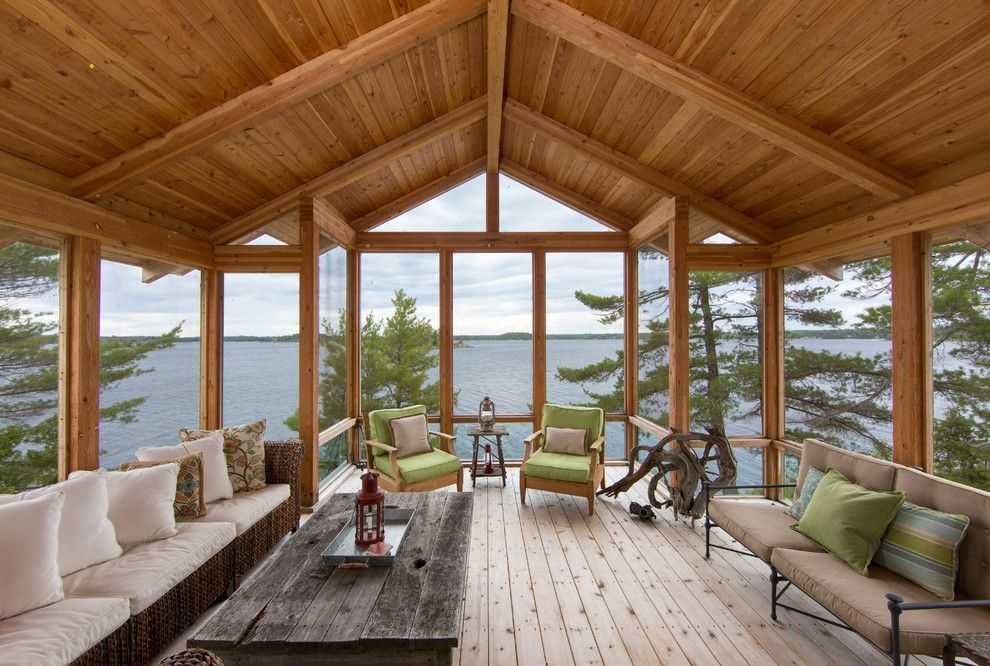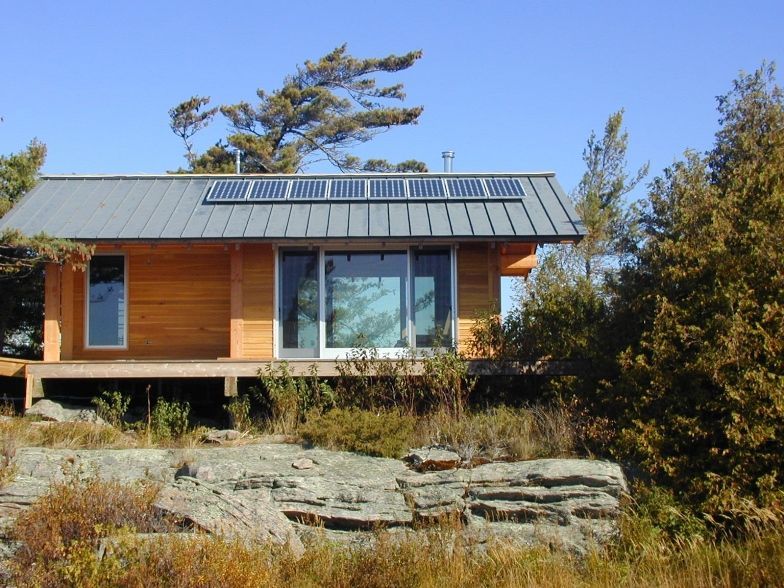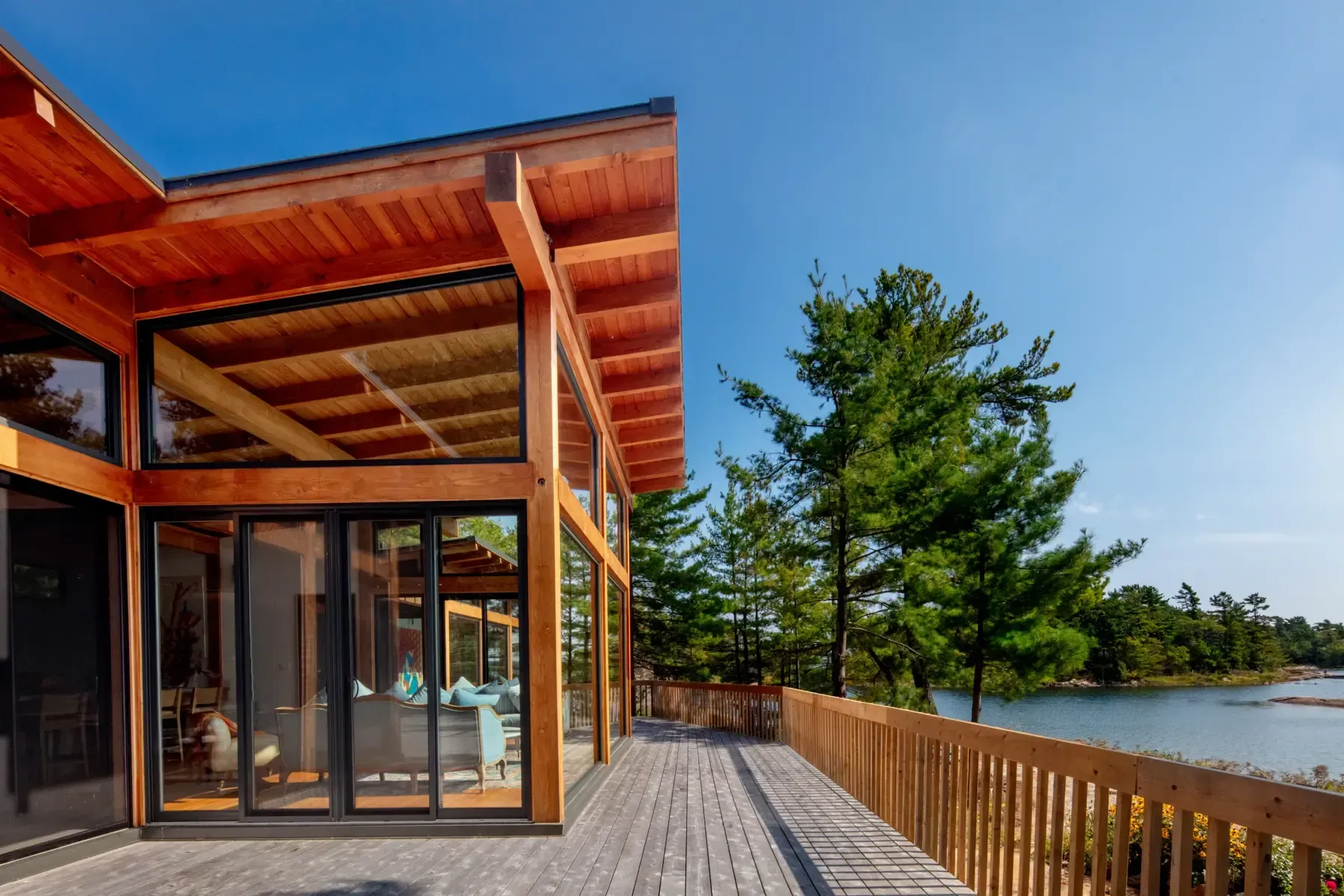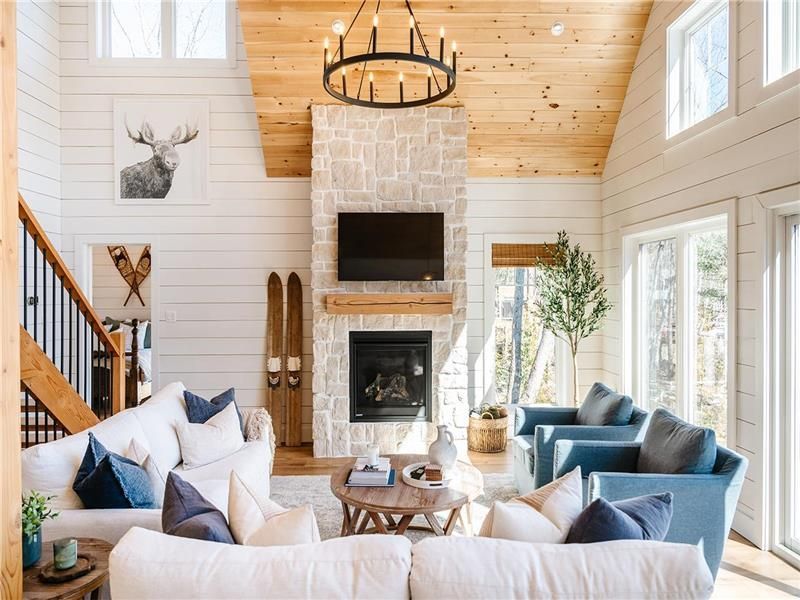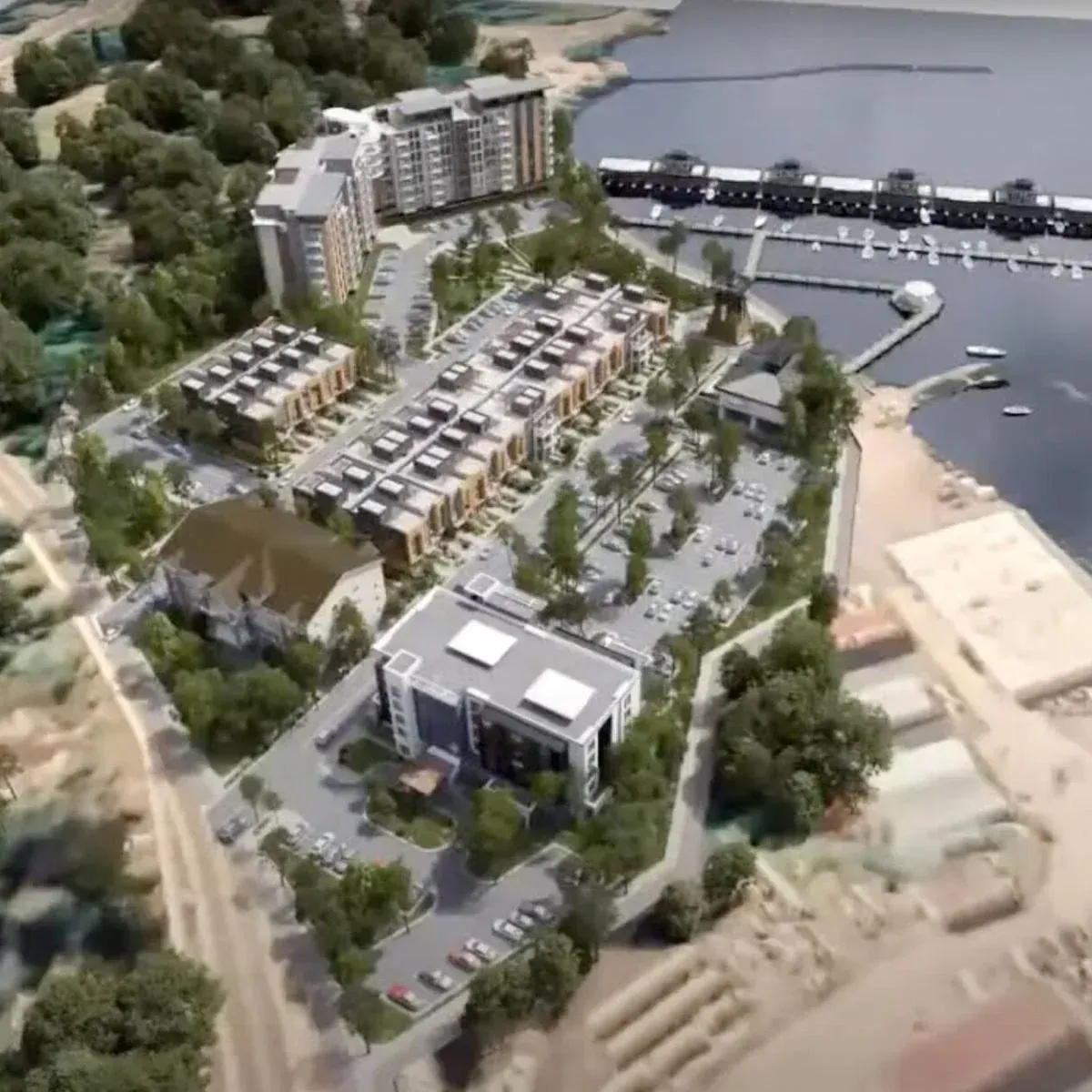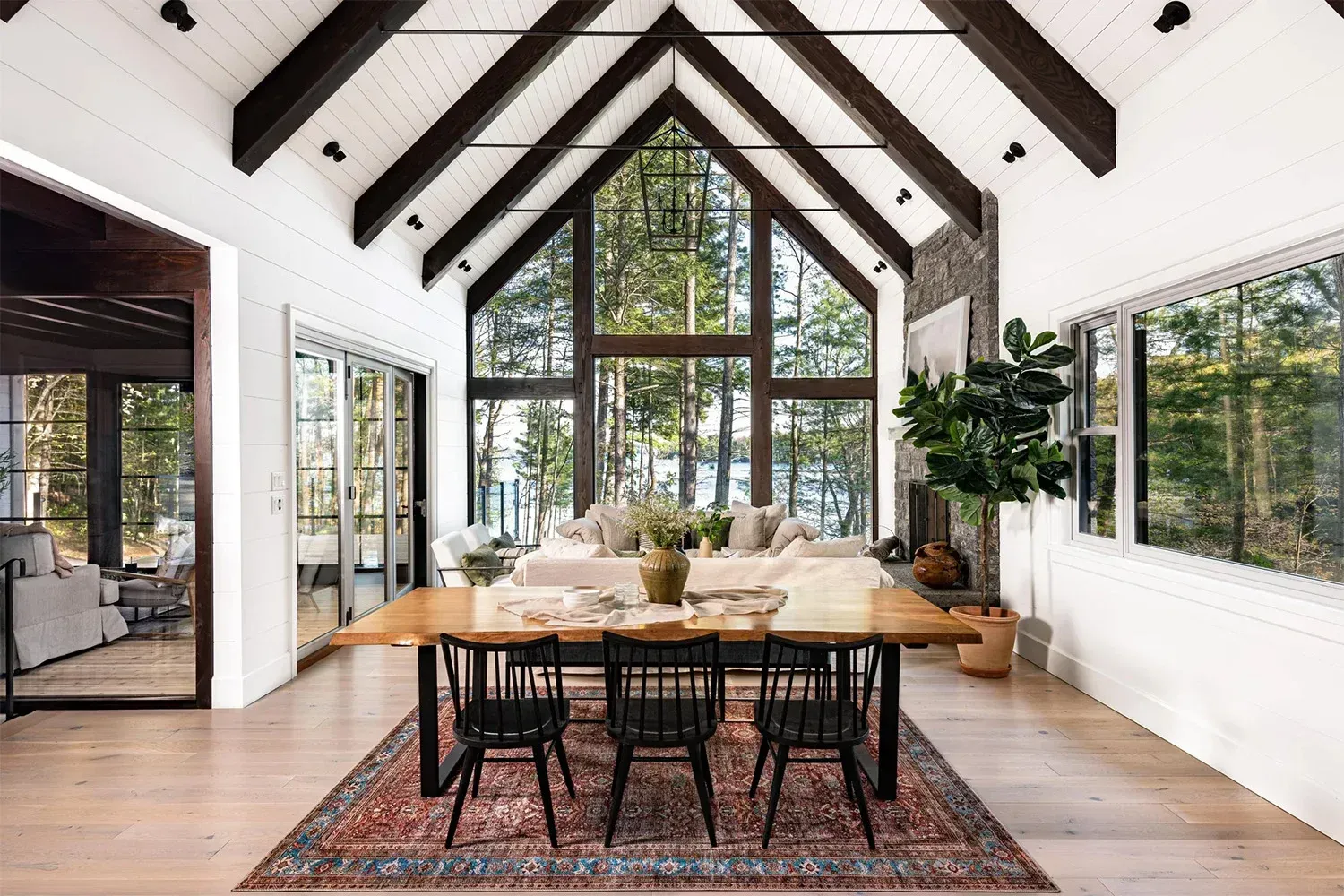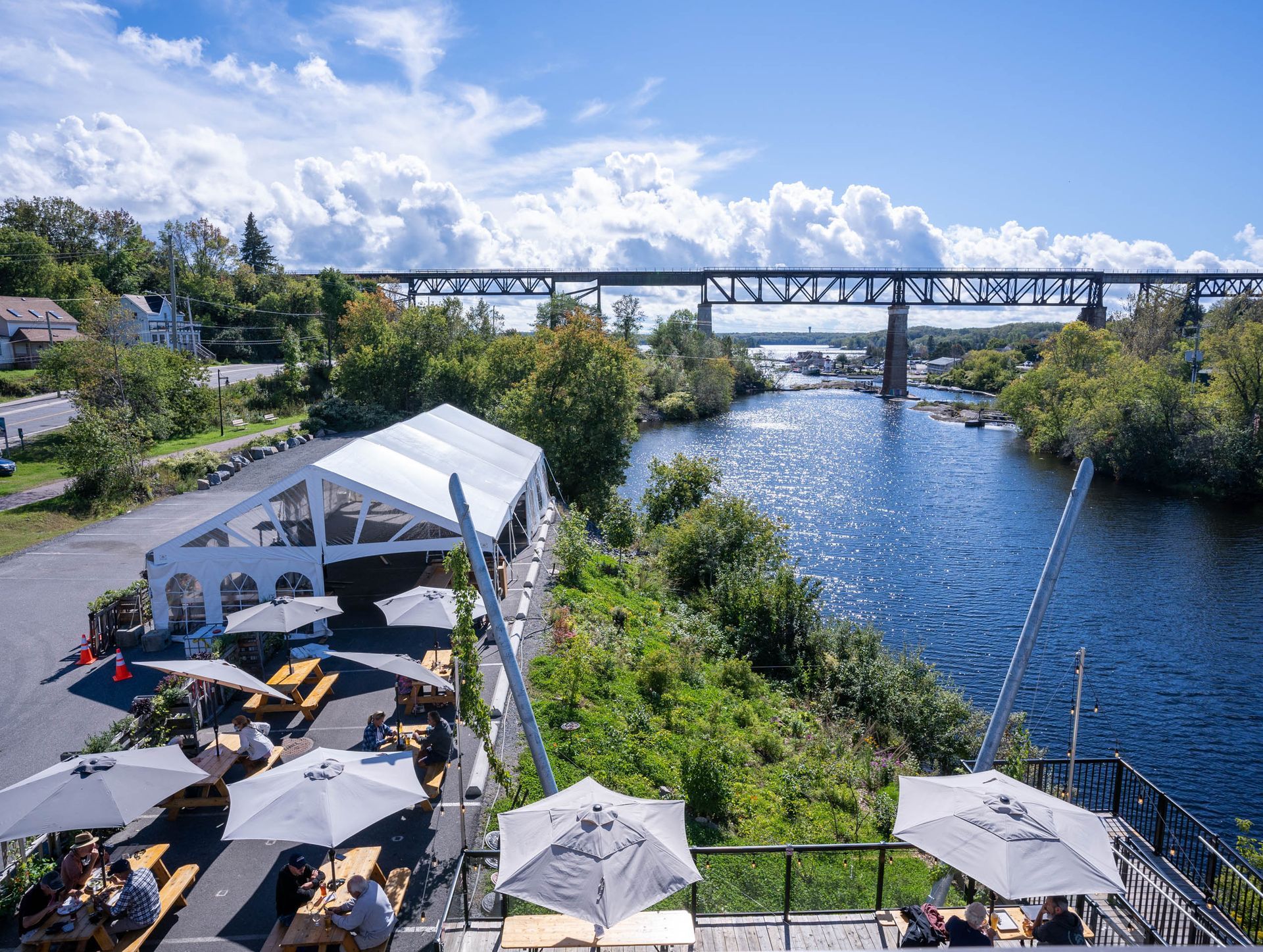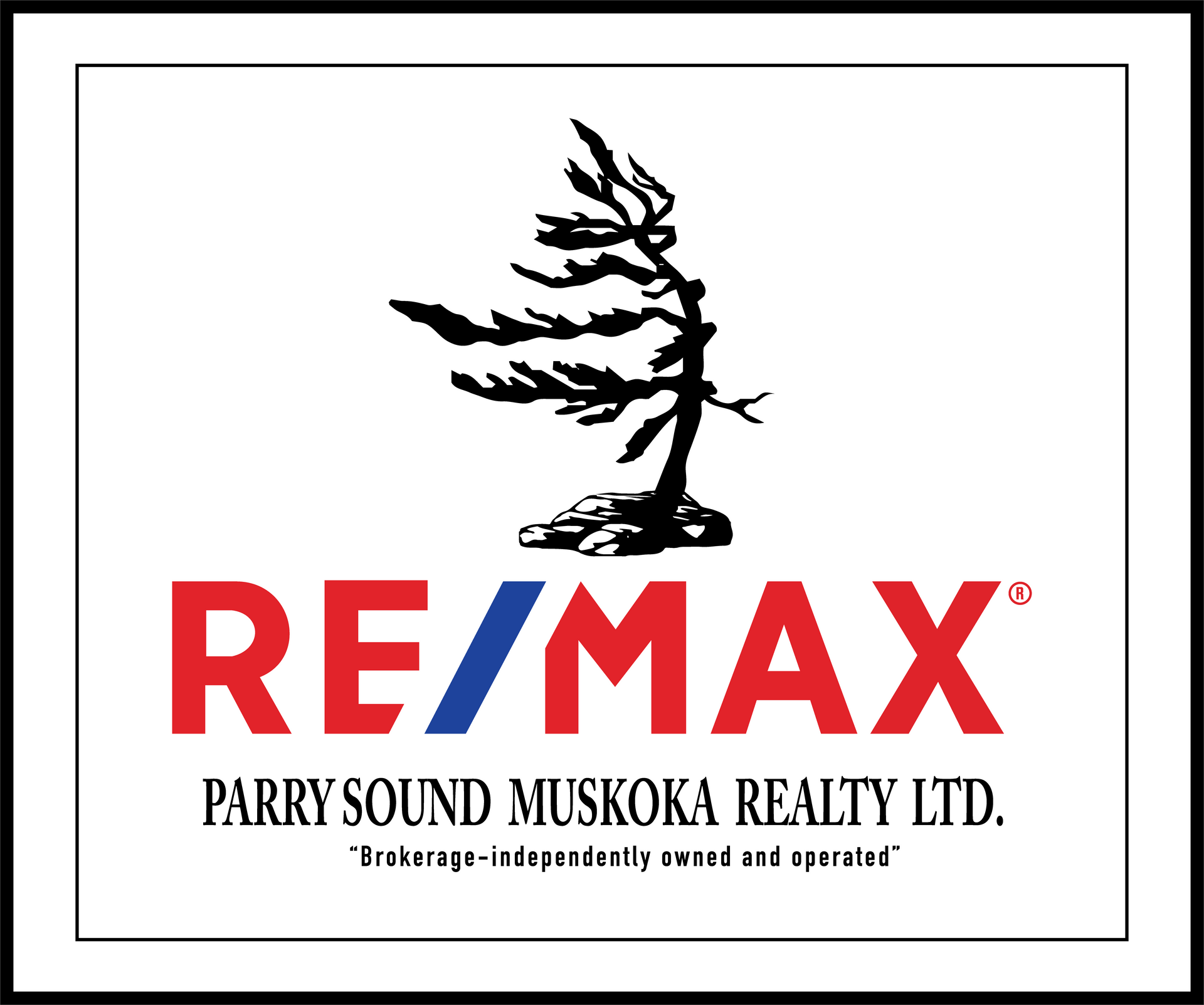The Changing STR Landscape: Understanding Township Bylaws in Georgian Bay
How short-term rental (STR) rules vary across different townships and what investors need to know to stay ahead.

Short-term rentals (STRs) have exploded in popularity over the last few years, especially in beautiful areas like Georgian Bay. Offering the perfect mix of investment potential and flexibility, many property owners have turned to platforms like Airbnb and VRBO to generate extra income. But here’s the catch—regulations on short-term rentals aren’t the same everywhere. If you’re considering investing in the Georgian Bay real estate market, it’s crucial to understand how STR bylaws vary from township to township.
In this guide, we’ll break down what you need to know about short-term rental regulations in Georgian Bay and how these rules can impact your investment strategy.
Why Township Bylaws Matter for Short-Term Rentals
Short-term rental regulations can feel like a maze. In Ontario, different townships have the authority to set their own rules on how STRs can operate. This means that the bylaw in one township may be totally different from the neighbouring township. As a property owner or investor, staying informed is critical to avoid hefty fines, penalties, or even losing your ability to rent your property altogether.
Here’s why township-specific bylaws should be on your radar:
Varying Rules Across Townships
Each township can establish its own rules when it comes to STRs. This can include restrictions on how long a property can be rented out, whether you need a permit, or even how many guests are allowed. Some townships might have a cap on the number of days a property can be rented per year, while others may enforce strict noise or parking regulations. For instance, in one township, you might be allowed to rent out your property year-round without a permit, but in a neighboring township, you may need to obtain a license and adhere to strict occupancy limits.
This inconsistency makes it essential to do your homework before purchasing an investment property. What works in one township might not fly in another, and being unaware of the rules can lead to hefty fines, complaints from neighbours, or even being forced to stop renting your property.
Protecting the Community
One of the key reasons townships regulate STRs is to maintain the balance between permanent residents and temporary visitors. While STRs can boost the local economy by drawing in tourists, they can also create tension in residential areas if not properly managed. For example, a constant influx of visitors can lead to noise complaints, parking issues, and a sense of instability for long-term residents.
As a result, many townships in Georgian Bay have implemented regulations to protect the quality of life for permanent residents. This might mean limiting the number of short-term rental licenses issued, capping the number of guests allowed at a property, or restricting STRs to certain zones. Understanding these community dynamics is essential when planning your investment, as they can impact the long-term viability of your rental property.
Licensing and Permits
In many Georgian Bay townships, STR owners must obtain a permit or license to legally rent their property. This process often involves paying an application fee, meeting certain safety standards, and submitting to inspections. Licensing ensures that properties are safe and well-maintained, and it helps townships keep track of how many short-term rentals are operating in the area.
Keep in mind that failing to obtain the proper license could result in fines or, in some cases, being forced to shut down your rental operation altogether. Make sure to factor in these licensing fees when calculating the potential costs of your investment.
Township-by-Township Breakdown: What to Expect in Georgian Bay area and Muskoka
The Georgian Bay region encompasses a variety of townships, each with its own approach to **short-term rental regulations**. If you’re considering investing in STRs in the Parry Sound and Muskoka areas, it’s essential to understand how these rules differ between townships. Below, we’ll break down the key townships in these regions and the current state of STR bylaws.
Town of Parry Sound
Parry Sound is a growing hub for tourism, especially with its stunning waterfronts and access to the beautiful Georgian Bay. While STRs are gaining popularity here, the town has recently implemented more structured regulations to ensure rentals don't disrupt the local community.
In Parry Sound, STR operators must register their property with the town and comply with specific safety standards, including fire codes and parking regulations. Noise restrictions are in place to maintain neighbourhood harmony, and penalties for violations can include fines or revocation of rental privileges. The town is also actively discussing caps on the number of STRs allowed in certain residential zones to avoid overcrowding and disruption in permanent neighbourhoods.
For investors, staying on top of these changes is key, especially as Parry Sound becomes more attractive to tourists. Despite some restrictions, the demand for short-term vacation rentals remains high, particularly for waterfront properties.
Seguin Township
Located adjacent to Parry Sound, Seguin Township is known for its beautiful lakes and serene environment. It’s a popular destination for both tourists and retirees, which makes it a hotspot for short-term rentals. Currently, STR regulations here are a bit more relaxed compared to other townships, but there are still important rules that investors need to follow.
At the moment, there are no licensing requirements for STRs in Seguin Township, but local officials are keeping an eye on the growth of the STR market. Investors are advised to monitor any potential changes in regulations, especially related to noise, parking, and occupancy limits. There are also ongoing discussions about introducing a registration system for STRs to better track how many properties are being rented out, which could lead to future licensing requirements.
For now, Seguin Township offers flexibility for investors, but it's important to keep up with community feedback and council decisions that may lead to more formal regulations in the near future.
Township of The Archipelago
The Township of The Archipelago consists of a collection of islands and mainland areas, making it a unique and popular destination for short-term rentals. The township's STR market primarily caters to seasonal visitors seeking secluded getaways, particularly in the summer months.
The Archipelago has introduced specific bylaws to control the impact of STRs on the environment and local residents. These bylaws include restrictions on the number of guests allowed, noise control measures, and limitations on parking, especially for properties located on smaller islands where space is limited. While there isn’t a full-fledged licensing system in place yet, STR owners are required to comply with local zoning laws, and any violation of township rules can result in penalties.
For investors, The Archipelago offers an appealing opportunity to capitalize on seasonal tourism. However, keep in mind that environmental protections and community impact are a top priority for the township, and STRs that don’t comply with these guidelines may face scrutiny.
Muskoka Lakes
Muskoka Lakes is one of the most iconic areas in Ontario for vacation homes and short-term rentals. The region is famous for its sprawling cottages and stunning lakefront properties, making it a prime destination for tourists seeking a retreat from city life. Given its popularity, Muskoka Lakes has been at the forefront of regulating STRs to balance tourism with the needs of permanent residents.
Currently, STR owners in Muskoka Lakes must adhere to local bylaws, which include noise restrictions, limits on the number of guests, and parking regulations. While some residential areas have strict guidelines, more rural properties tend to have fewer restrictions. However, the township is in the process of reviewing its STR bylaws, and further regulations are likely, including potential licensing or permit requirements.
Investors in Muskoka Lakes should be prepared to adapt to changing regulations, as the township aims to manage the impact of tourism while maintaining the area’s natural beauty and residential appeal.
Township of Muskoka Lakes: Bala and Port Carling
Within Muskoka Lakes, the villages of Bala and Port Carling are particularly popular for STRs due to their proximity to lakes and tourist attractions. Bala, known for its annual Cranberry Festival and charming local atmosphere, is a hot spot for seasonal rentals. Meanwhile, Port Carling serves as the hub of Muskoka’s cottage country, attracting vacationers year-round.
Both areas have started to see more formalized STR regulations, particularly as the number of short-term rentals increases. Licensing and registration requirements are being discussed, and both villages have noise and parking regulations in place to ensure that STRs don’t disturb the local community. Investors in Bala and Port Carling should closely follow township meetings for updates on potential new regulations, especially as these popular tourist destinations continue to attract attention.
How STR Bylaws Impact Your Investment Strategy in Parry Sound and Muskoka
Understanding the local STR bylaws is essential for investors who want to maximize their returns while avoiding legal headaches. Here’s how these regulations can shape your investment strategy:
Choosing the Right Township
If you’re planning to invest in an STR in Georgian Bay, one of the first things you should do is compare the regulations across different townships. Some areas may have stricter rules that could limit your ability to rent, while others might offer more flexibility. For example, if one township has a cap on the number of rental nights allowed per year, this could significantly impact your potential income. Conversely, a township with looser restrictions may allow you to generate more rental revenue with fewer hurdles.
Budgeting for Licensing and Compliance Costs
Depending on the township, STR owners may need to factor in the cost of obtaining licenses or permits, as well as the expenses related to meeting safety standards or inspections. For example, in The Blue Mountains, there are often fees for inspections, fire safety upgrades, and noise control measures, all of which add to the total cost of running a short-term rental. While these expenses might seem small compared to the overall cost of the property, they can add up over time and affect your profit margins.
Adapting to Local Restrictions
If the township has occupancy limits, noise restrictions, or other guidelines, you may need to adjust your rental strategy. For instance, if a township limits the number of rental days per year, you’ll want to maximize your pricing during high-demand periods to offset the restriction. Additionally, installing noise monitors or enforcing quiet hours can help ensure compliance with local noise ordinances, reducing the risk of complaints from neighbours.
Maximizing Rental Potential
Despite some regulations, Georgian Bay remains a hotspot for vacationers, especially in the summer. By choosing a township with favourable STR rules, you can still capitalize on the area's booming tourism industry. Some townships are more lenient during peak tourist seasons, allowing investors to maximize rental rates and occupancy, particularly in sought-after locations like waterfront properties.
Investors should also consider focusing on amenities that appeal to tourists. Properties with lake access, outdoor spaces for entertaining, and proximity to local attractions are always in demand. Offering these features can help you stand out in a competitive market and command higher rental rates.
What’s on the Horizon? Upcoming Changes in Georgian Bay STR Regulations
The landscape for STRs in Georgian Bay is continuously evolving as more and more property owners turn their homes into vacation rentals. It’s important for investors to stay up-to-date with any new developments in township bylaws.
Increasing Regulations
Many townships are actively considering stricter rules to manage the growth of STRs in their communities. This includes limits on the number of rental permits issued, new safety requirements, and even potential bans on STRs in certain neighbourhoods. For example, Muskoka Lakes is currently debating whether to introduce more stringent occupancy limits, especially in areas where full-time residents have voiced concerns about the impact of STRs on their quality of life.
For investors, this means that the regulatory landscape is far from static. While STRs remain a popular investment in Georgian Bay, it's important to monitor township websites, attend council meetings, and stay informed about potential changes that could impact your ability to rent out your property.
Public Opinion and Community Pushback
As the popularity of STRs grows, so does the pushback from local residents. In some townships, permanent residents have voiced concerns about the impact of short-term rentals on their communities, including noise, parking issues, and the loss of affordable housing. This pressure could lead to stricter bylaws, so it’s important to factor in the community’s attitude towards STRs when choosing a location for your investment.
In certain areas, the rise of STRs has contributed to housing shortages, which has led some townships to consider banning STRs in residential neighbourhoods. Keeping an eye on community feedback can give you a sense of where regulations might be headed, helping you make more informed decisions about where to invest.
Staying Compliant: How to Navigate STR Bylaws as an Investor
Navigating the world of STR bylaws can feel overwhelming, especially when each township has its own set of rules. Here are a few tips to help you stay compliant and protect your investment:
Do Your Homework
Before purchasing any property in Georgian Bay, make sure you thoroughly research the township’s STR bylaws. This includes reading through licensing requirements, occupancy limits, noise ordinances, and any other regulations that could affect your rental. Working with a real estate agent who understands the local rules, like Denise George, can make this process much easier.
Keep Up with Changes
STR regulations are constantly changing, so staying up to date is crucial. Many townships review their bylaws annually and could implement new rules that affect your rental property. Regularly checking the township’s website or attending local council meetings can help you stay informed.
Work with a Property Manager
If you’re worried about staying compliant with all the regulations, consider working with a local property manager who has experience with STRs. They can help you navigate the licensing process, enforce township rules, and ensure that your rental operates smoothly.
Stay compliant with local STR laws – contact Denise George for the latest regulations and expert advice on investing in Georgian Bay real estate. Whether you’re considering your first STR or adding another property to your portfolio, Denise can help you make informed decisions to maximize your investment.


